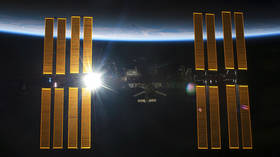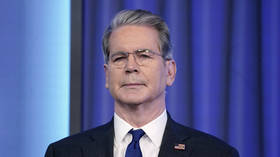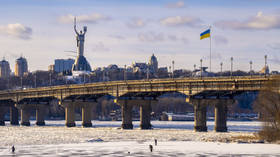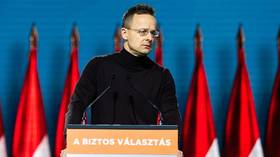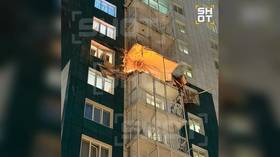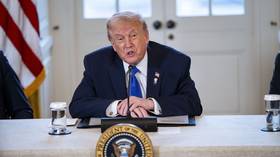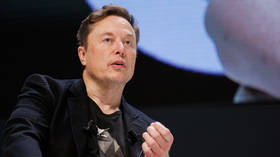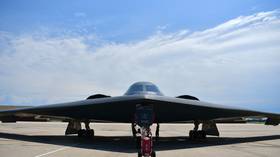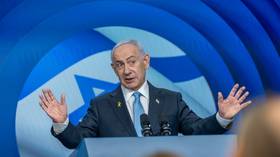SpaceX could replace Russia’s Soyuz rockets – Reuters
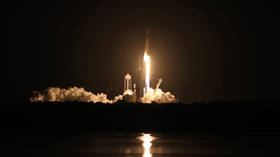
The European Space Agency (ESA) is considering Elon Musk’s SpaceX as an option to fill the launch gap created by Europe’s break away from Russia’s Roscosmos, according to ESA Director General Josef Aschbacher.
In an interview with Reuters published on Friday, Aschbacher said the ESA had already begun preliminary technical discussions with the space company, which could temporarily provide its launchers. The agency lost access to Russia’s Soyuz rockets after sanctioning Moscow over its ongoing military operation in Ukraine.
Space X has emerged as a key contender to fill the gap alongside Japan and India. However, the final decision will depend on the unresolved timetable for Europe’s delayed Ariane 6 rocket, Reuters reports.
“I would say there are two-and-a-half options that we’re discussing. One is SpaceX, that is clear. Another one is possibly Japan,” Aschbacher told the outlet, noting that Tokyo is still waiting for the inaugural flight of its next-generation rocket.
Aschbacher stated that SpaceX was the more operational of the contenders and would most likely be one of the “back-up launches” the ESA would consider, but noted that talks are still at an exploratory phase as many technical details need to be examined.
He explained that switching to a new rocket was not the same as “jumping on a bus,” and that things like the interface between satellite and launcher must be suitable for one another, lest unfamiliar types of vibrations compromise the payload.
Until now, the ESA has depended on the Italian Vega for small payloads, Russia’s Soyuz for medium ones, and the Ariane 5 for heavy missions. Last month, the agency debuted the next-generation Vega C, but its new Ariane 6 rocket, which is meant to replace the Ariane 5 and Soyuz, has been delayed until next year, causing a potential gap in launches.
Aschbacher said Moscow’s decision to pull its staff from the European spaceport in French Guiana, indefinitely postponing all ESA missions involving the Soyuz spacecraft, served as a “wake-up call” that Europe had been “too dependent on Russia.” He added that Europe’s decade-long cooperation strategy with Russia in gas and other areas including space was “no longer working.”
Meanwhile, companies that have severed ties with Moscow over the conflict in Ukraine have been increasingly looking to SpaceX’s Falcon 9 to conduct launches. Satellite internet firm OneWeb, a competitor of SpaceX’s Starlink satellite internet venture, booked at least one Falcon 9 launch in March, while Northrop Grumman has booked three Falcon 9 missions to ferry NASA cargo to the International Space Station.
